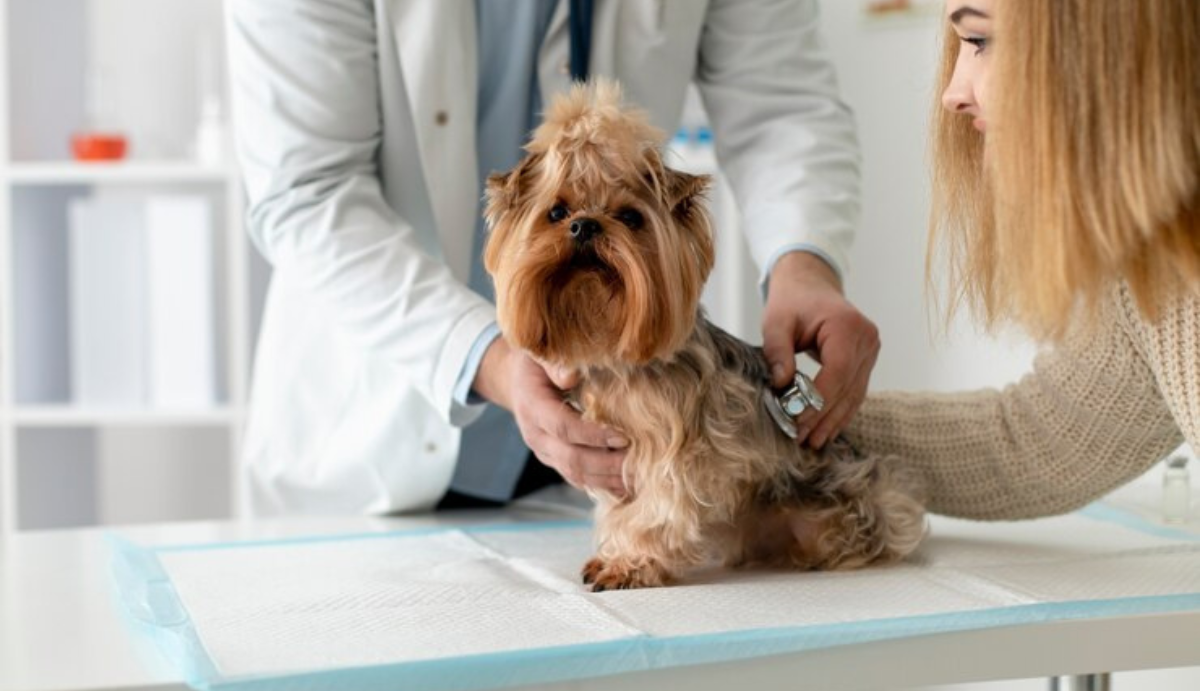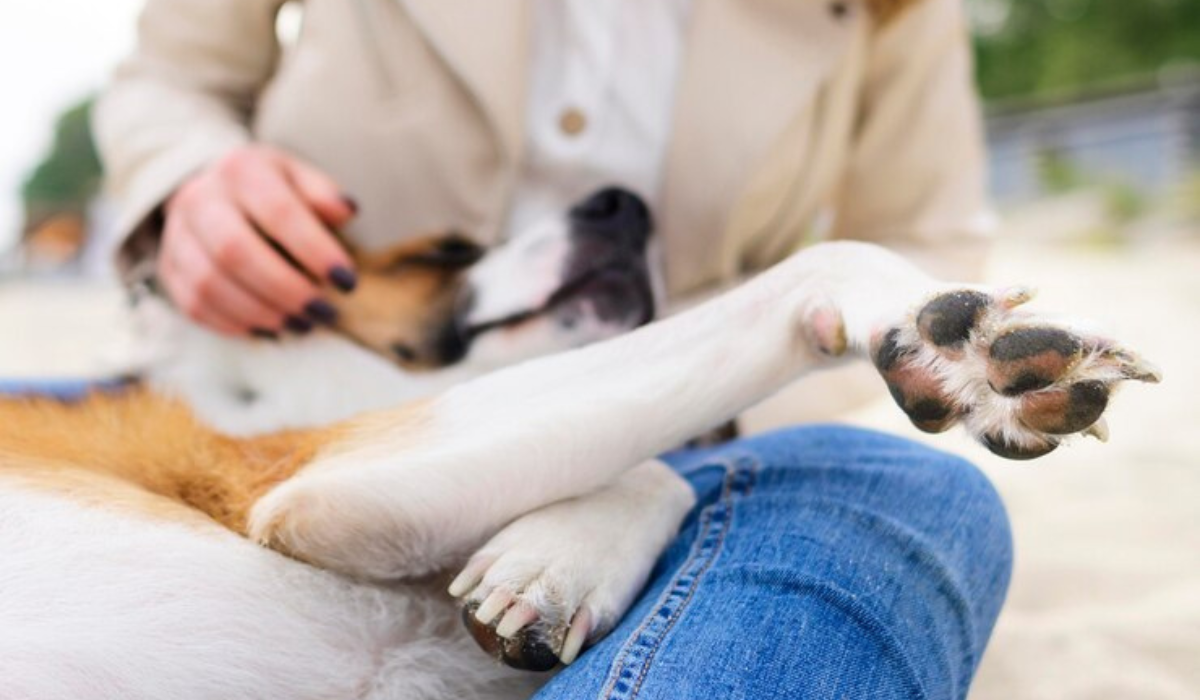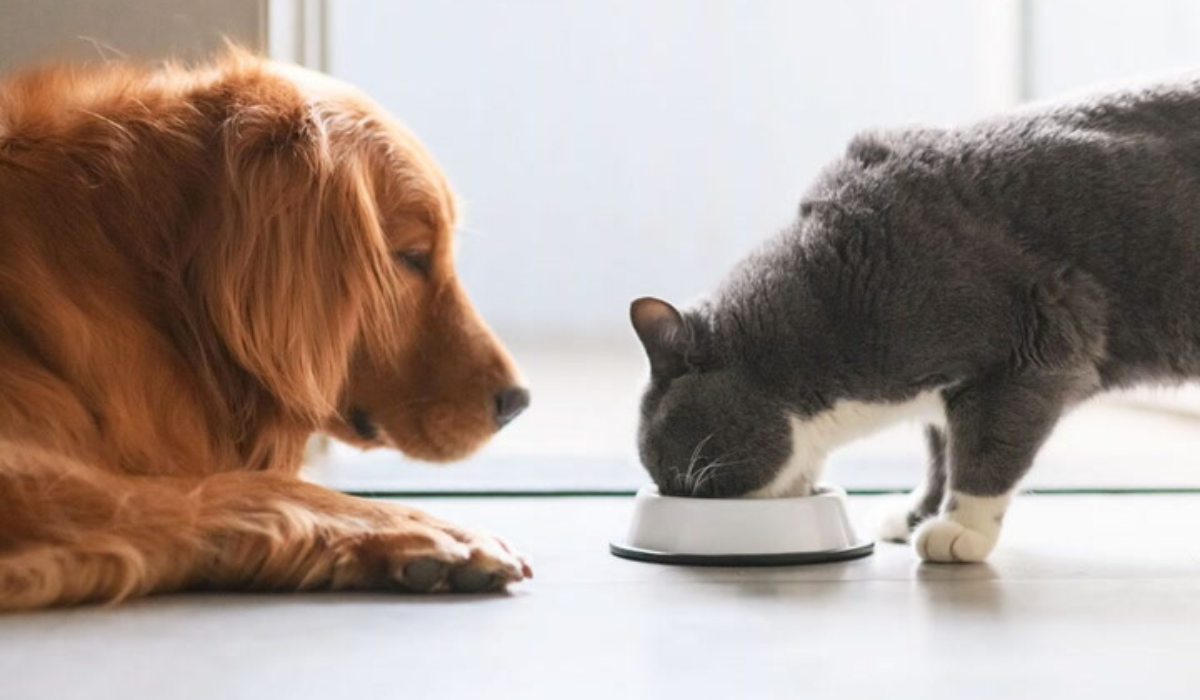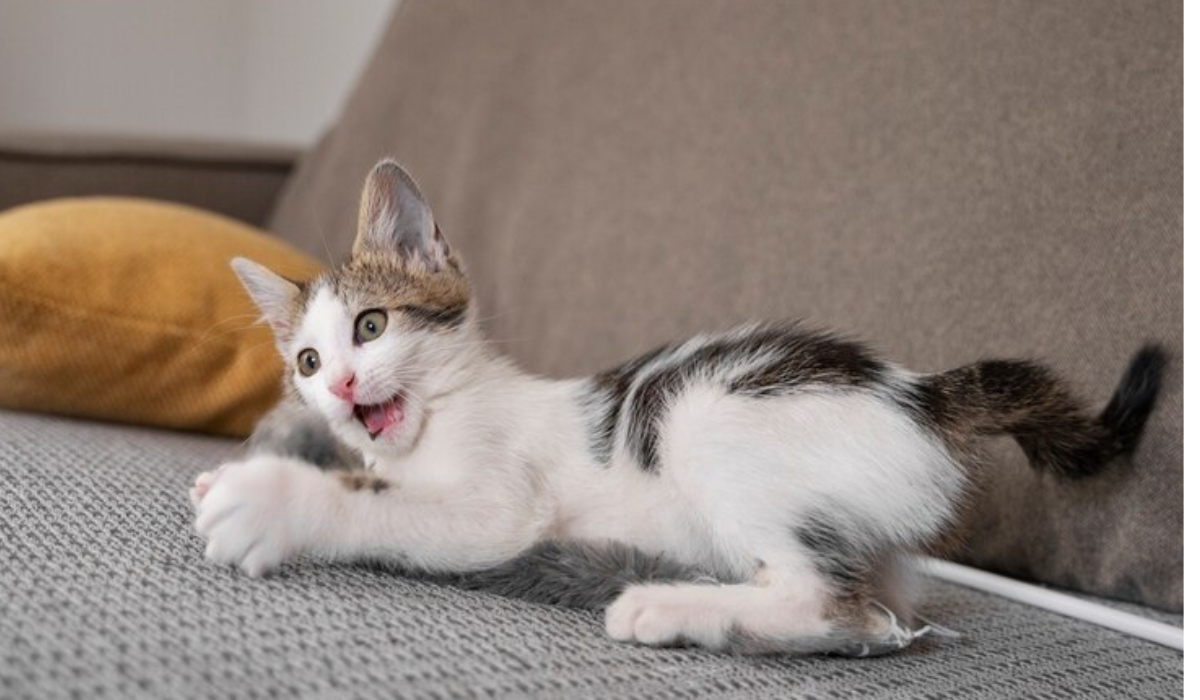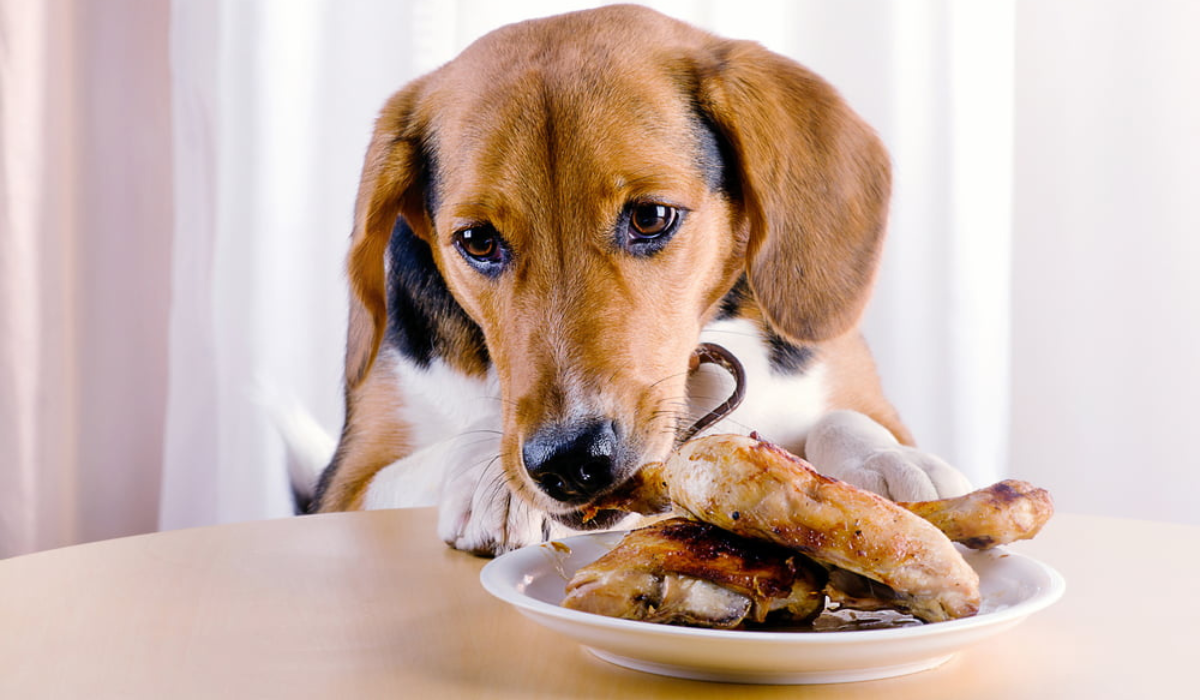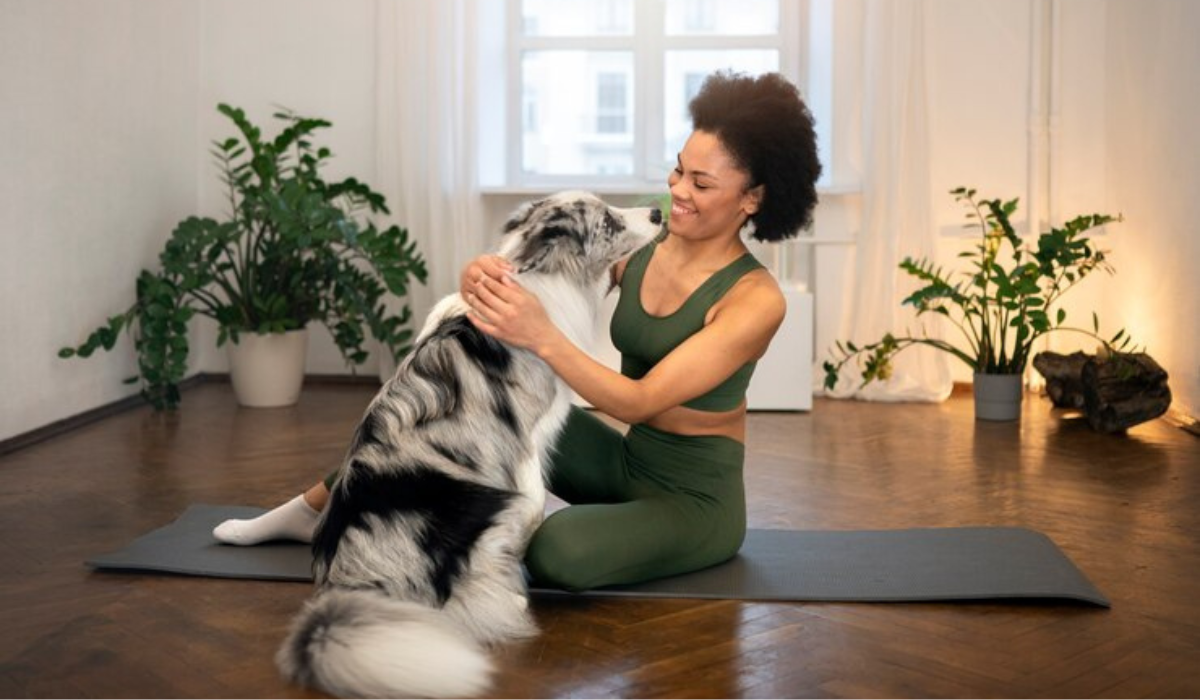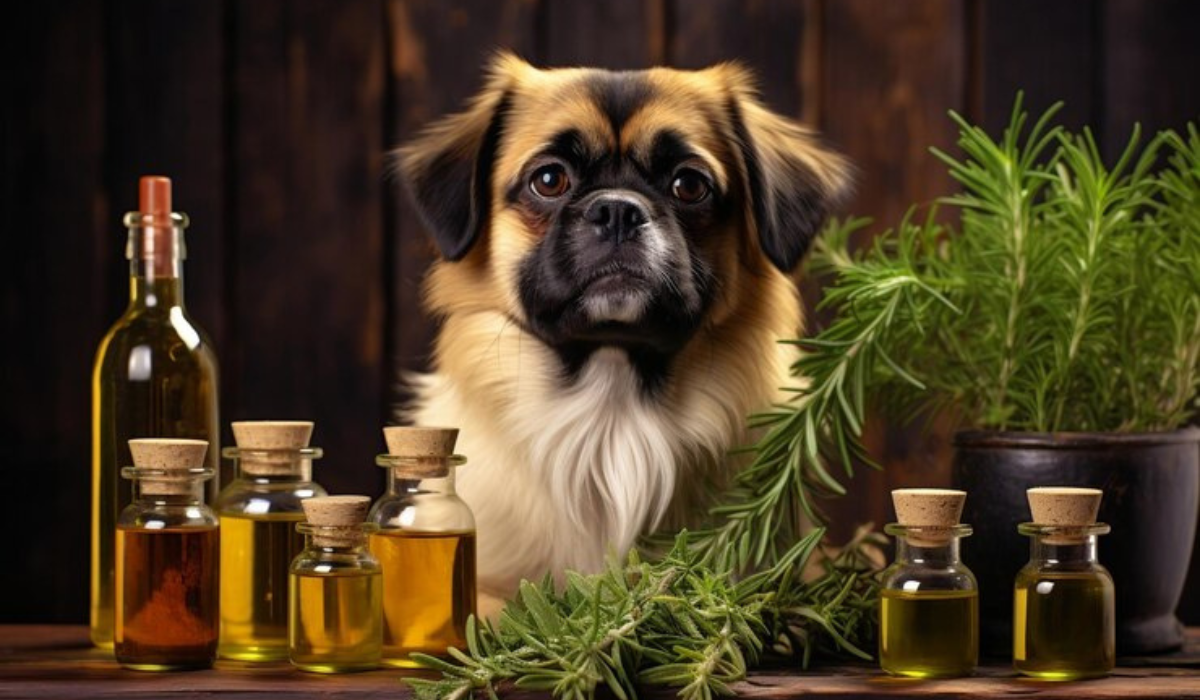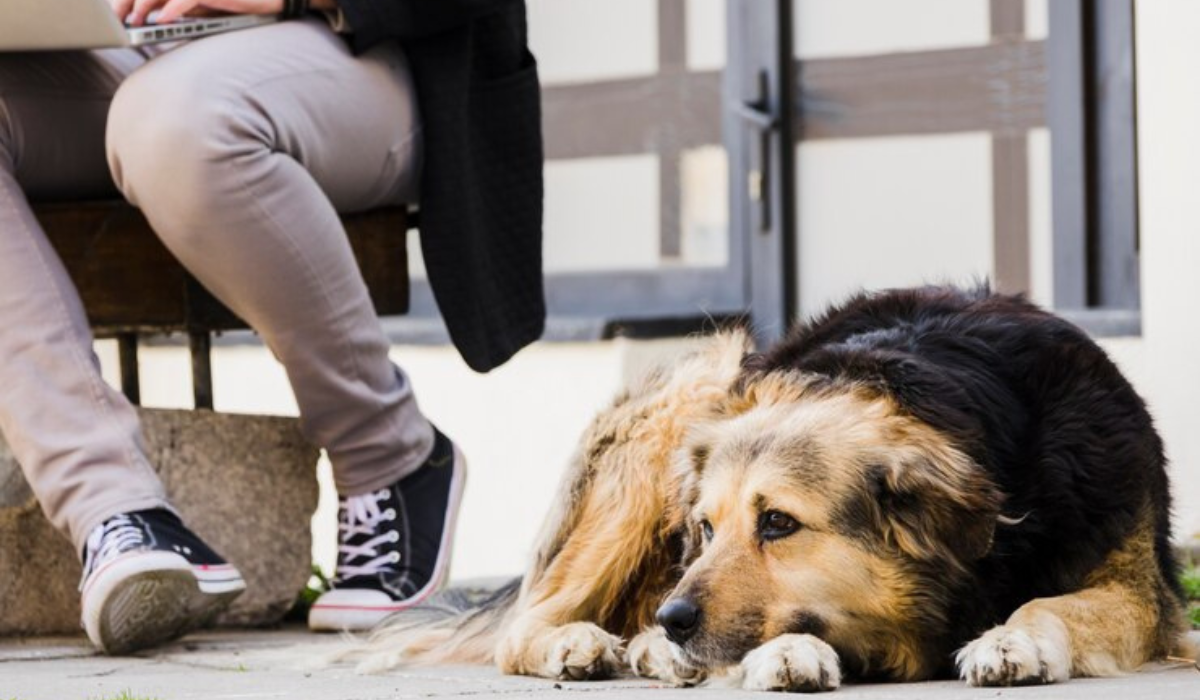Thanksgiving is a great time to introduce your pets to the kitchen. It is only natural that pets would want to join in the festivities. They are part of the family. Pet owners should exercise caution to ensure that the treats they share are suitable and safe for their furry friends.
Turkey Safety for Pets
- Raw vs. cooked:
- Raw Turkey: The raw turkey is a potential source of contamination by bacteria, especially salmonella.
- Cooked Turkey: To eliminate the risks associated with raw turkey, opt for plainly cooked turkey.
- Spices and seasonings
- Harmful ingredients: Many human foods, such as onions and garlic can be toxic for pets.
- Share Thanksgiving dishes that are heavily spiced or seasoned with your pets at your own risk.
- Turkey Skin and Fat
- Skin High in Fat: The skin contains high levels fat which can cause pancreatitis.
- To prevent health complications, limit the consumption of fats.
Turkey Bones: Risks and Benefits
- Splintering risks:
- Poultry bone fragility: Turkey bones are fragile when they’re cooked and can easily splinter.
- Consequences are severe: Splinters of bone can cause blockages and infections to the digestive system.
- Choking Hazard:
- Avoiding is the Best Option: Do not feed turkey bones to your pets. This will reduce the risk of them choking or developing esophageal problems.
- Secure Disposal: Dispose bones safely to prevent accidental ingestion.
Thanksgiving Recipes for Pets
- Simple and safe:
- Make Thanksgiving easy and safe for your pets with home-cooked meals.
- For dogs: To make it easier to digest, boil plain ground turkey and white rice.
- To cater to cats, offer plain cooked turkey in small quantities. This will respect their carnivorous tendencies.
Pancreatitis:
- High-Fat Meals:
- Pancreatitis: A high-fat meal, such as those served at Thanksgiving, may cause pancreatitis.
- Symptoms include fever, vomiting and abdominal pain. These signs require immediate veterinary care.
General Caution
- Avoid Heavily Salted Dishes
- Toxic ingredients: The onions and garlic that are commonly used in Thanksgiving recipes can be toxic to pets.
- To protect your pet, avoid sharing food with these ingredients.
Nutritional Needs
- Balanced Diet:
- Turkey in Pet Diets – Turkey is an ingredient that’s common in many commercial cat and dog foods.
- Tailored nutrition: Turkey is good for pets, but they need a diet that’s balanced and high quality.
Conclusion:
Pets are loved family members. However, the well-being of pets should take precedence over sharing potentially harmful Thanksgiving treats. Avoid bones and overly seasoned dishes. Instead, opt for plain, cooked, turkey. If your pet shows signs of illness or distress after eating, you should seek immediate medical attention. Responsible feeding and a general awareness of the risks can help pets and their owners have a wonderful Thanksgiving.

